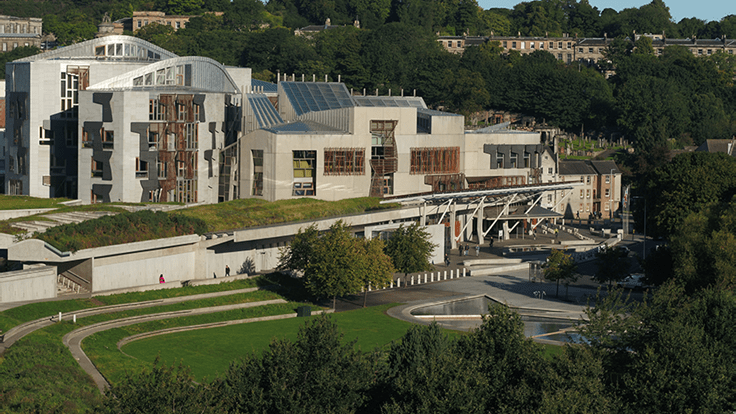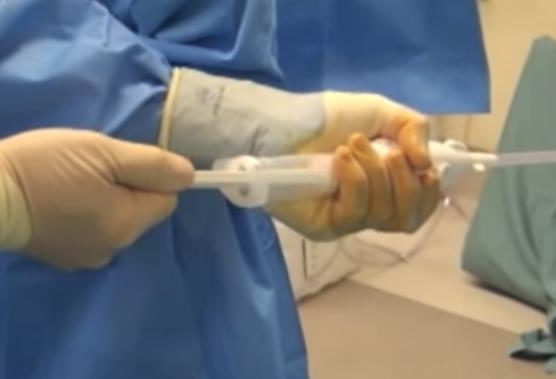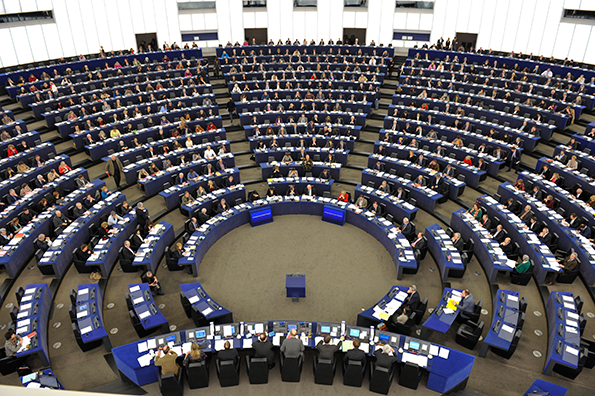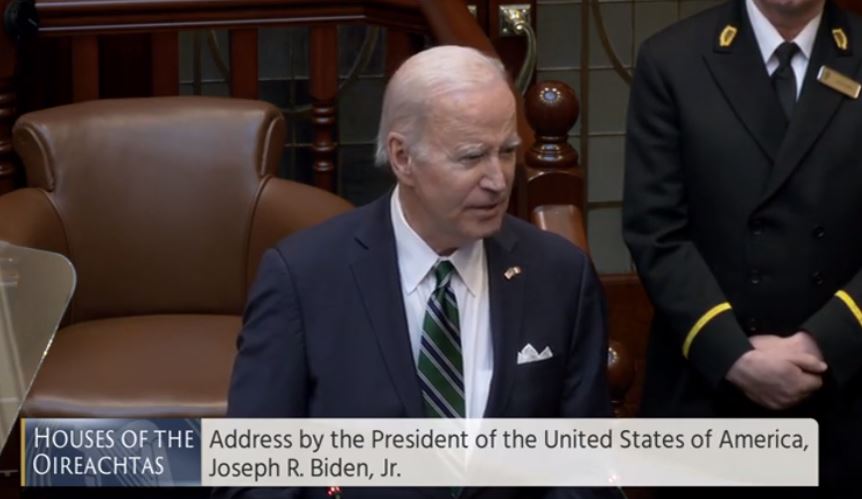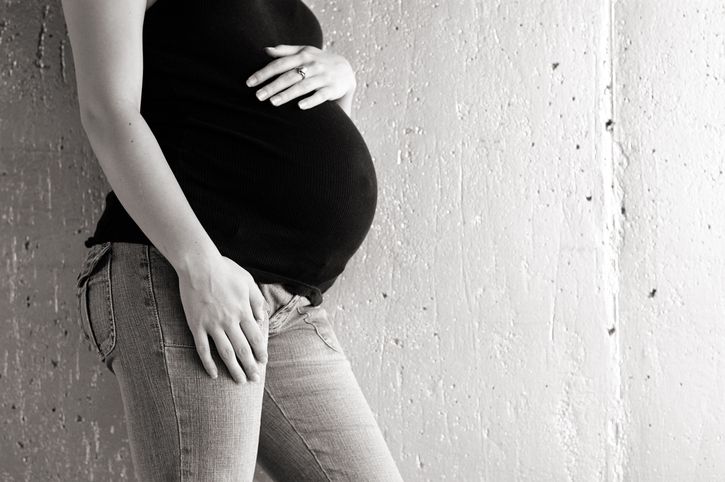Younger staff in Catholic schools are less likely to believe in God, according to new research, but it is still a clear majority at 67pc.
The study found widespread ignorance around key documents which set out the vision and purpose of Catholic schools, with up to 80 per cent of school staff either unsure or not aware of these publications.
While the proportion of school staff who say they believe in God is more than 90 per cent among the over-50s, it falls to 67 per cent among those under the age of 30.
Similarly, the proportion of self-declared Catholics who attend mass once a week is 41 per cent, while among the under 40s it falls to 18 per cent.
At primary level, more than half of teachers in Catholic schools “do not believe in a personal God” and under half, 49 per cent, state that they are “not committed and practising Catholics”.
The report notes that most children in Catholic primary schools are being prepared for the sacraments by staff who describe themselves as being other than practising Catholics.
In Catholic secondary schools, one third of religion teachers are not committed and practising Catholics.
The study was undertaken by a team of academic researchers based at Mary Immaculate College and the Mater Dei Centre for Catholic Education, as part of the Global Researchers Advancing Catholic Education project.


